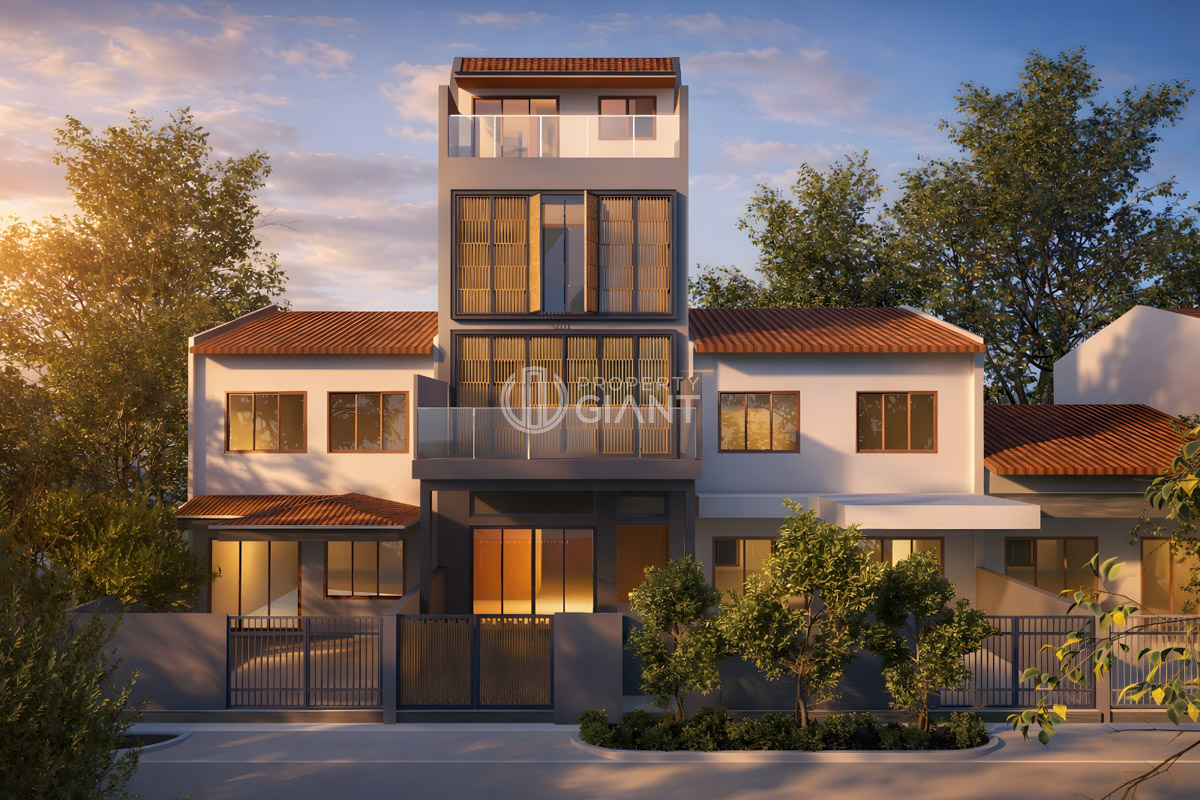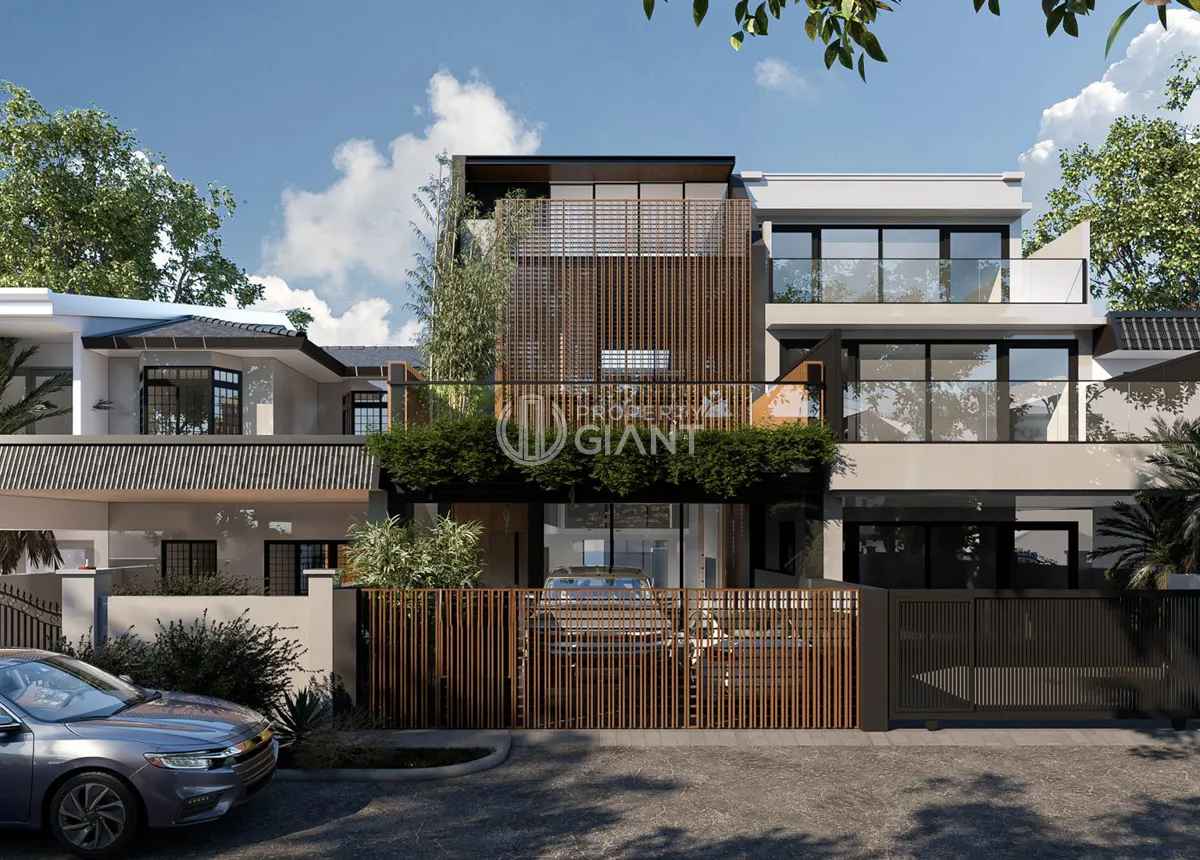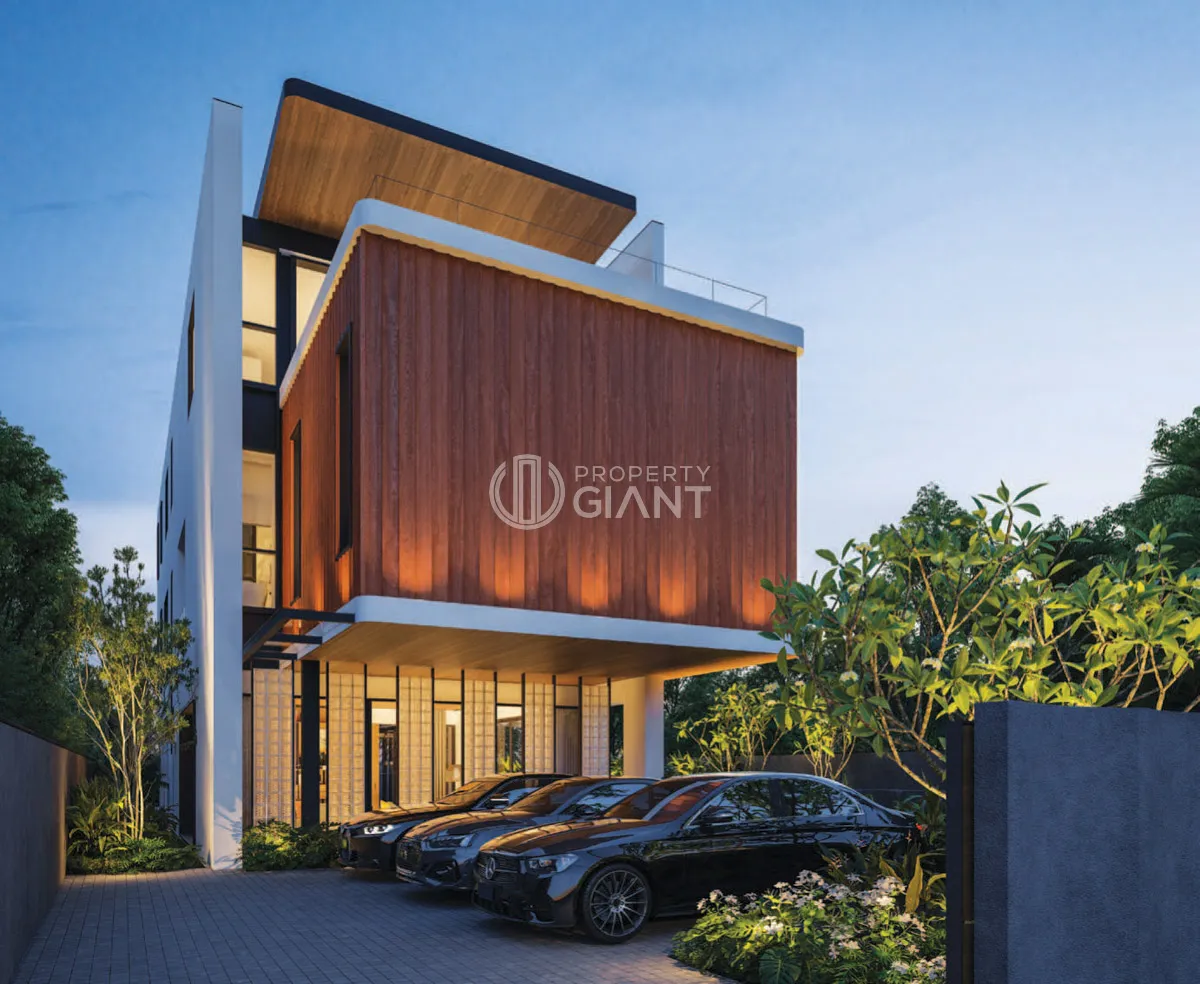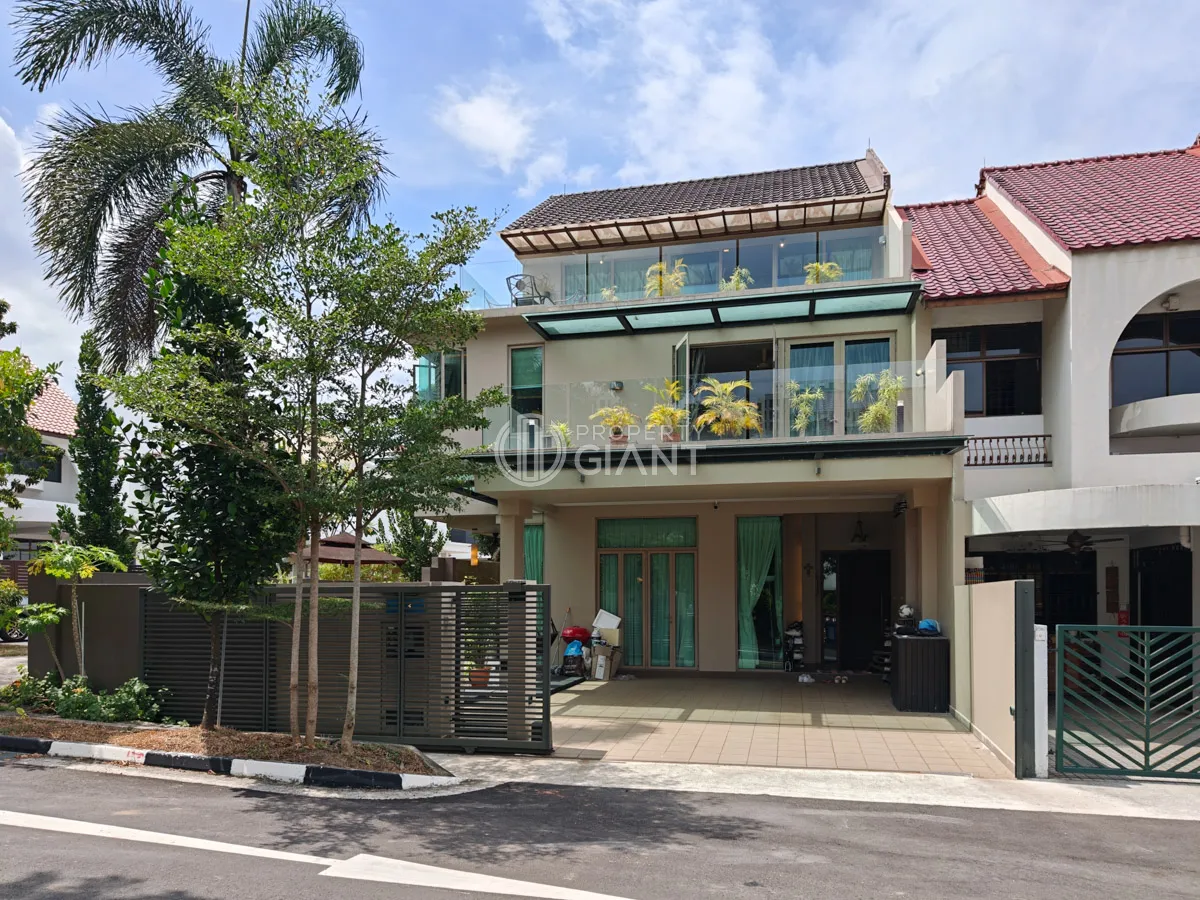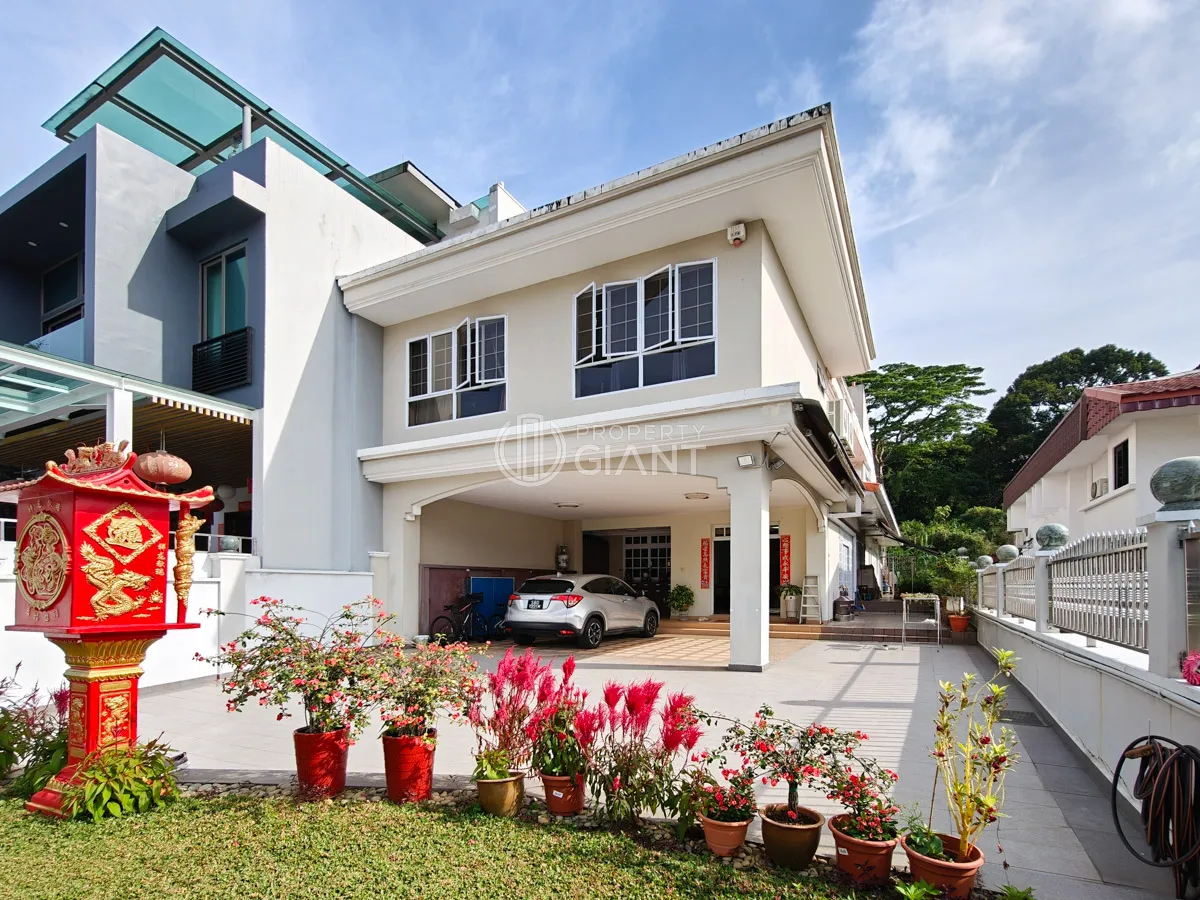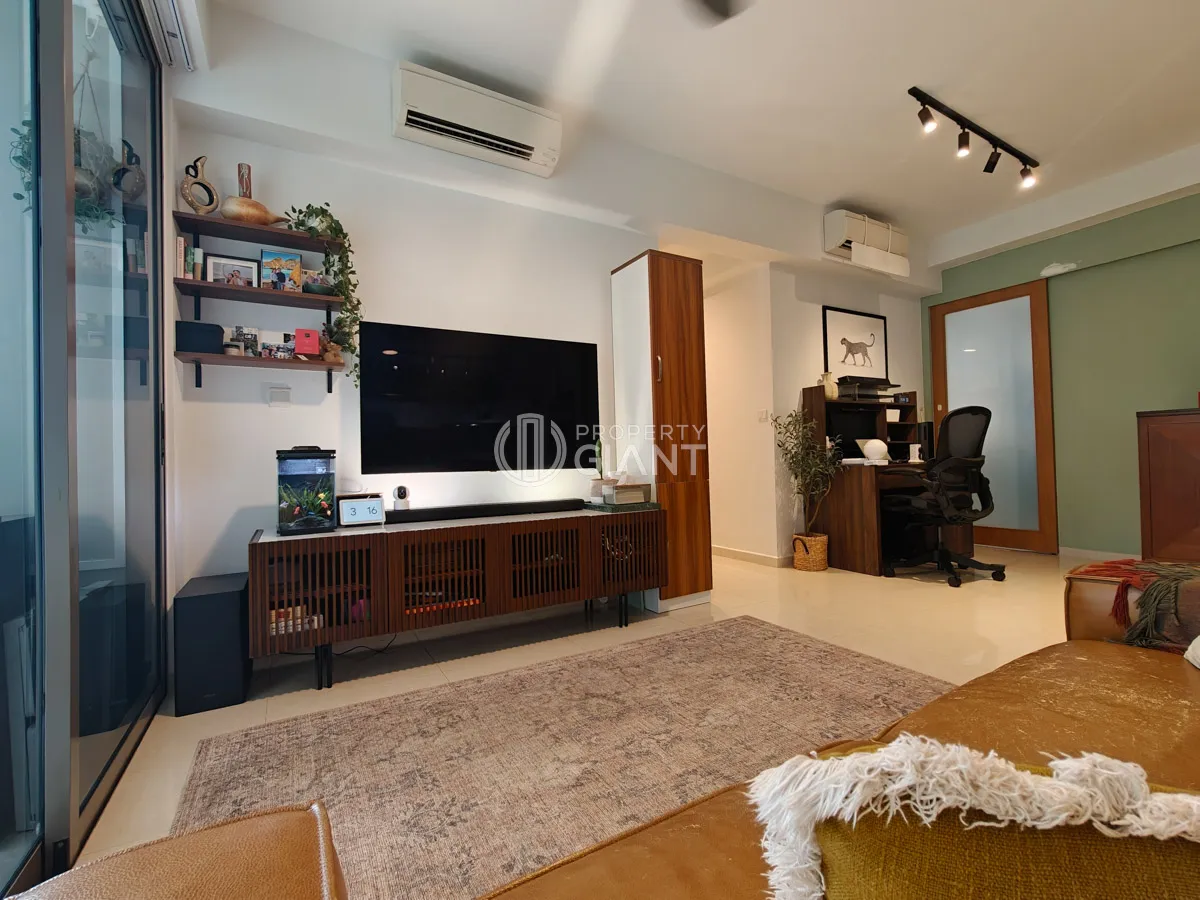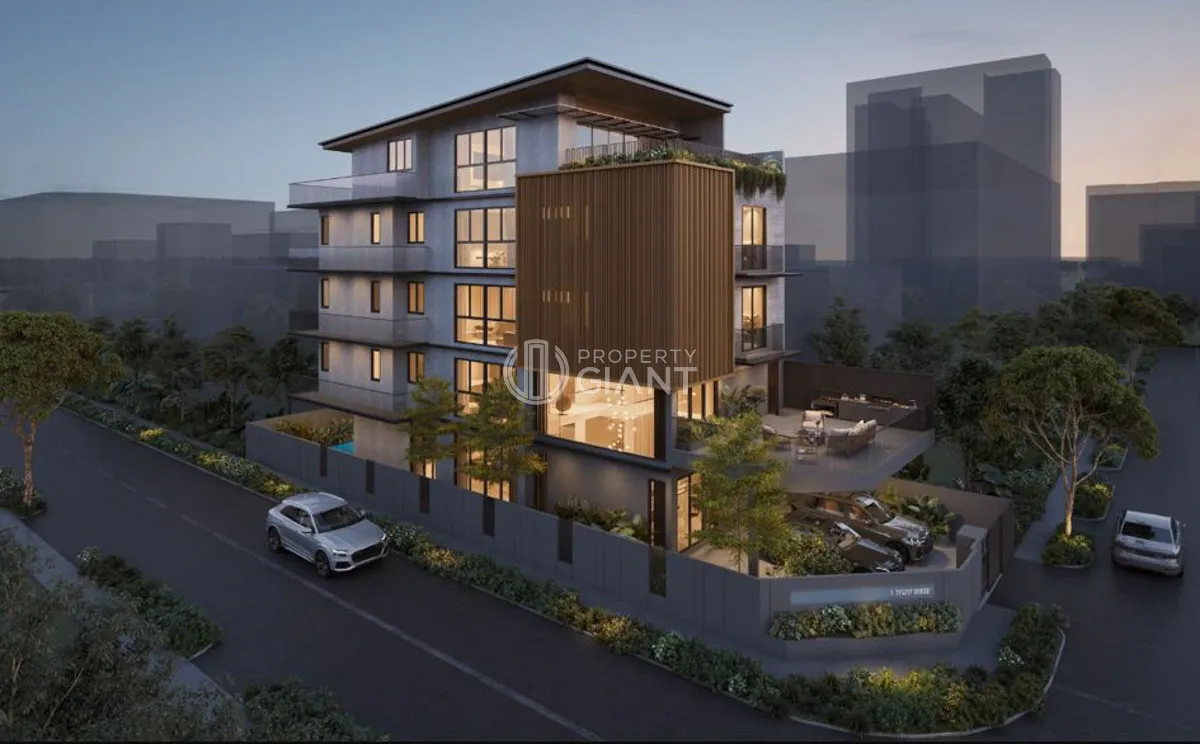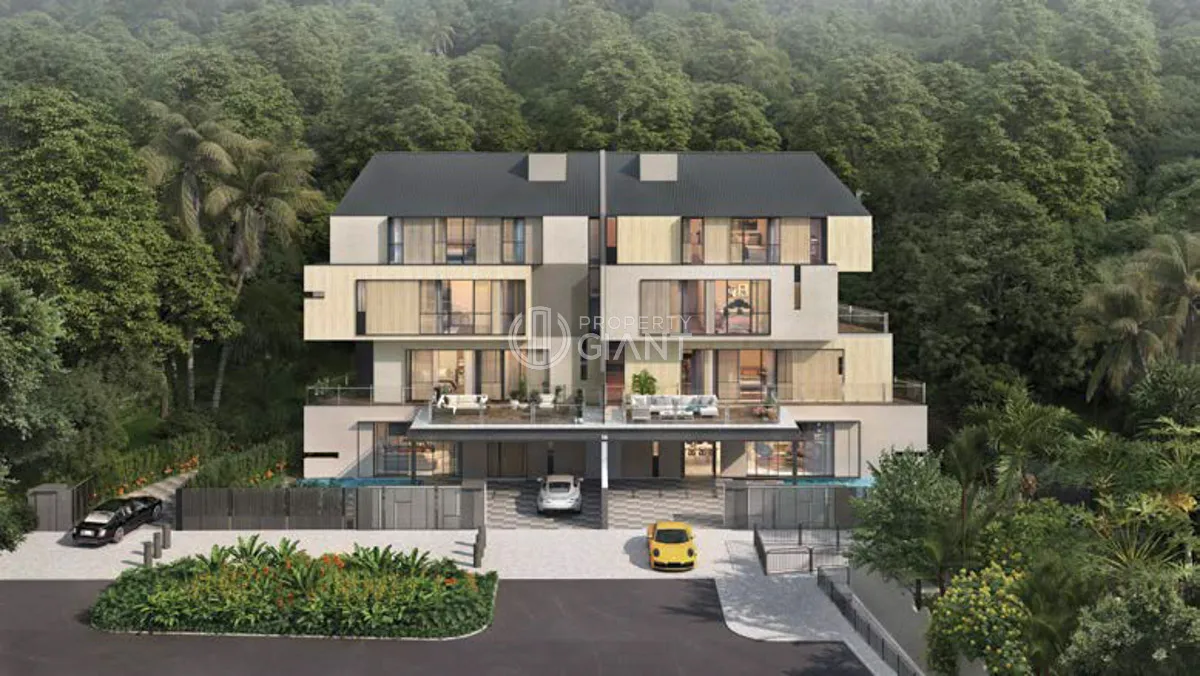SINGAPORE - Buyer resistance could be setting in, with prices in the Housing Board resale market rising at a slower pace of 2.4 per cent in the first quarter of this year, compared with 3.4 per cent in the fourth quarter of 2021.
Last year, the HDB resale market ended on a high, as prices grew 12.7 per cent, the steepest full-year climb since 2010.
To curtail the robust property market and encourage greater financial prudence, the authorities introduced fresh cooling measures at the tail-end of 2021.
Since then, prices have expanded at a slower pace and the sales momentum of HDB resale flats has slipped, data released by HDB on Friday (April 22) showed.
While prices have continued to go up for the eighth consecutive quarter, the slower rate of 2.4 per cent in the first quarter could be a sign that some price resistance is forming, said property analysts.
Ms Christine Sun, senior vice-president of research and analytics at real estate firm OrangeTee & Tie, said this quarter marks the lowest growth since the third quarter of 2020, when prices rose 1.5 per cent.
With the potential interest rate hikes and rising inflation, the run-up in flat prices may further lose steam this year as buyers become more unwilling to pay more for housing.
"Middle- and lower-income Singaporeans, who form the bulk of purchasers of HDB flats, may be more affected by a rising cost of living. As people spend more on basic necessities and allocate more budget to other expenses, they may be reluctant to pay top dollar for resale flats," she added.
"As a result, buyers may be more price-sensitive and select cheaper homes, such as smaller units or those further from the city centre," she said.
A total of 6,934 HDB resale flats changed hands in the first quarter of this year, down 12.7 per cent from the 7,940 in the fourth quarter of last year.
Compared with the first quarter of last year when 7,581 HDB resale flats were sold, transactions were 8.5 per cent lower.
"This is the first time in nearly two years that sales volume dipped below 7,000 units," said Ms Sun, noting that the previous low was 3,426 in the second quarter of 2020 during the Covid-19 circuit breaker when the market was badly impacted.
Mr Nicholas Mak, head of research and consultancy at ERA Realty Network, said the dip in volume could be due to seasonal factors such as the Chinese New Year lull period.
Another reason could be the current low supply of HDB resale flats on the market, he added.
"Although the demand for resale flats remains strong, some owners are reluctant to sell their flats as they are either unable or unwilling to pay more for their next housing due to the increase in prices," said Mr Mak.
Mr Mohan Sandrasegeran, research and content analyst at real estate agency Ohmyhome, said there is a possibility that supply could be boosted as more than 31,000 HDB flats are expected to reach their five-year minimum occupation period and become eligible for resale this year.
Demand for million-dollar HDB flats, however, was seemingly not affected.
The first quarter of this year saw 83 HDB resale flats change hands for at least $1 million, compared with 85 such deals in the fourth quarter of last year.
"Buyers of such flats are generally unfazed by exorbitant prices and have ample liquidity, as they place heavy emphasis on location and having a spacious home," said Mr Sandrasegeran.
Dr Tan Tee Khoon, country manager at real estate portal PropertyGuru Singapore, said a lack of new private condominium and executive condominium launches in the first quarter of this year could have driven HDB upgraders to opt for bigger resale flats in more centrally located areas.

According to HDB data, five-room flats in the mature town of Queenstown were the most expensive in the first quarter, with a median price of $952,000, up from $935,000 in the fourth quarter of last year.
This was followed by Toa Payoh, where the median price of a five-room flat was $875,000, and Geylang, where it was $856,500.
HDB data did not provide the first-quarter median resale price of five-room flats in the central area, which covers The Pinnacle@Duxton.
The median resale price of a four-room flat in the central area is recorded as $811,000 in the first quarter, down from $972,500 in the fourth quarter of last year.
OrangeTee's Ms Sun said the plunge in prices in the central area could be due to the launch of attractive Build-To-Order (BTO) flats in central, mature areas under the prime location public housing model in February, which diverted some demand temporarily.
HDB has stepped up its flat supply and plans to launch up to 23,000 BTO units each year in 2022 and 2023, across mature and non-mature towns, to cater to the strong demand.
Next month, it will roll out about 5,300 BTO flats in towns such as Bukit Merah, Jurong West, Queenstown, Toa Payoh and Yishun.
In August, about 6,300 to 6,800 BTO flats in towns such as Ang Mo Kio, Bukit Merah, Choa Chu Kang, Jurong East, Queenstown and Woodlands will be on offer.
The projects are under review, and more details will be announced when ready.
Credit: Straits Times


